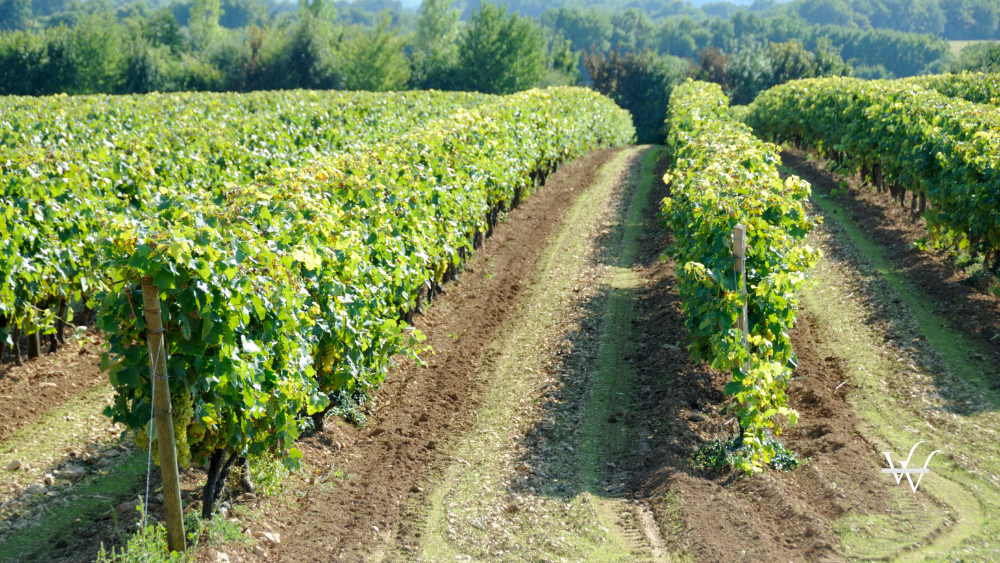The wine regions of Bordeaux and the brandy-centric domain of Cognac may appear worlds apart in terms of their products and industry structures, but a new federation is poised to unite them under the banner of New Aquitaine, amplifying their global influence and market resilience.
Distinctive Worlds, United Mission
Bordeaux, famous for its array of still wines, contrasts sharply with Cognac, where brandy production reigns supreme. While Bordeaux's wine industry is characterized by a diverse landscape of producers, Cognac is dominated by a select few major players who secure their supplies through long-term contracts.
The newly formed federation aims to merge the objectives of both regions' existing organizations. According to a recent press release, this alliance seeks to harness collective strengths to enhance global outreach and market penetration, particularly in sales and exports. This strategic alignment is crucial amidst global challenges like Chinese anti-dumping investigations and looming American protectionist measures.
Economic Powerhouses in Unity
Bordeaux Négoce, comprising 80 members, manages a substantial 60% of Bordeaux's sales volumes, generating EUR 3 billion in revenue by the end of 2023, with 60% from exports. In comparison, its counterpart in Cognac, SMC, with 42 member companies, controls 99% of Cognac shipments, yielding EUR 3.3 billion in revenue in 2023, predominantly from international markets. Interestingly, despite having half the number of shippers, Cognac's revenue parallels that of Bordeaux, highlighting its concentrated market structure.
Together, these federated entities command a significant 37% share of wine and spirits export values, advocating strongly for open, fair free-trade dynamics. They emphasize the importance of reducing tariff and non-tariff barriers, achieving regulatory harmonization, and fostering international cooperation to foster sustainable growth across the industry value chain.
Future Prospects and Collaborative Strategies
The federation's creation marks a pivotal moment for New Aquitaine's wine and spirits sectors. By aligning their export strategies and leveraging combined expertise, Bordeaux and Cognac aim to strengthen their market positions and safeguard against geopolitical uncertainties. Their united front not only enhances their global competitiveness but also fosters a supportive environment for innovation and sustainable development.
Conclusion
As Bordeaux and Cognac navigate complex global landscapes, their collaborative federation represents a proactive step towards synergizing regional strengths and expanding market influence. By fostering cohesion between their diverse sectors, they are poised to shape the future of New Aquitaine's wine and spirits industry, setting a precedent for cooperative ventures in the global wine trade.
Source: Vitisphere

